Building a Retro Linux Gaming Computer - Part 27: Lost Souls
I have mentioned before how I was unable to get Dave Taylor's original port of Doom to work as it was built as an outdated a.out binary rather than ELF. Since then, I stumbled on an article by Jason Heiss that describes how to load the binfmt_aout kernel module to attain a.out binary support, as well as installing packages from earlier Red Hat Linux releases to provide the necessary libraries.
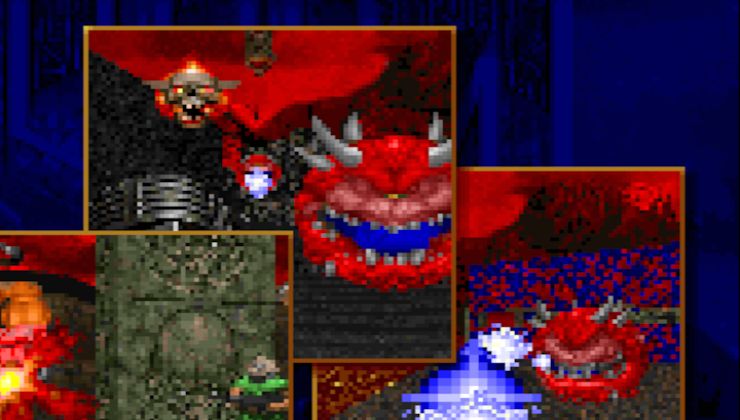

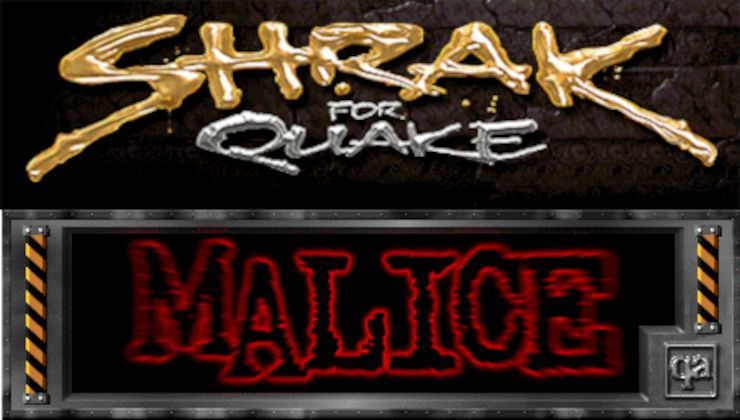

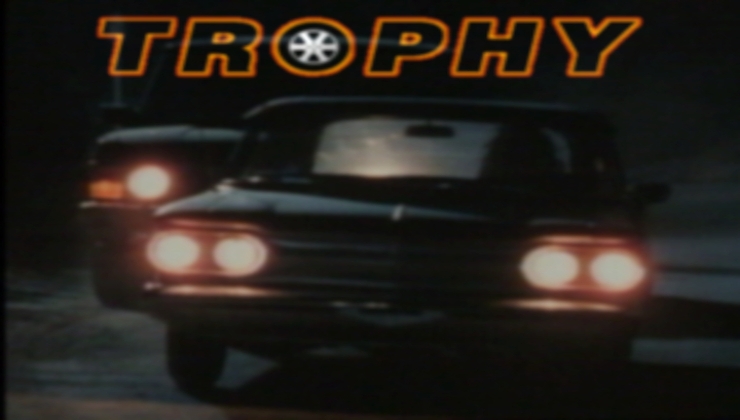
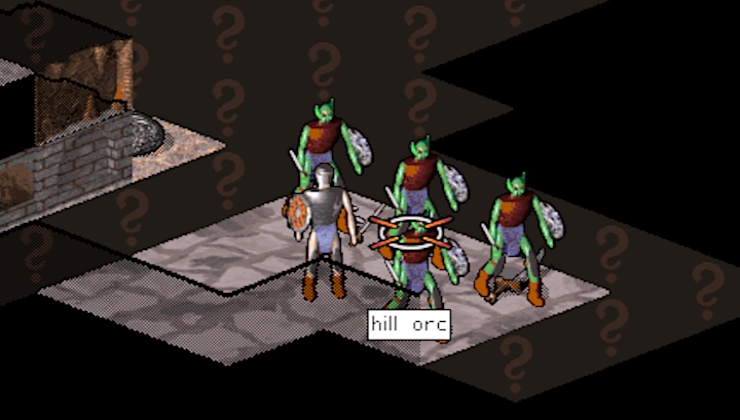

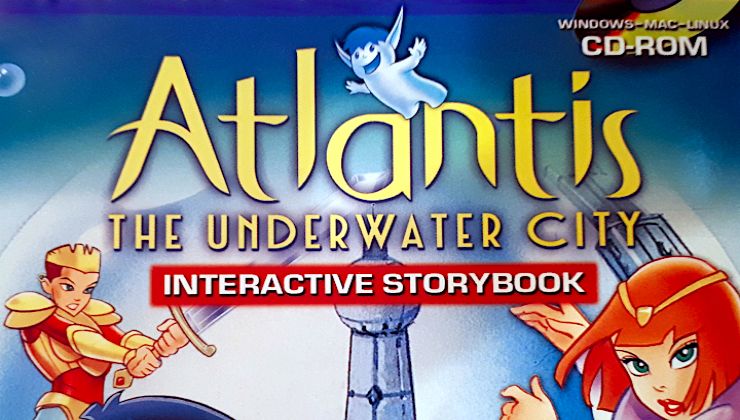
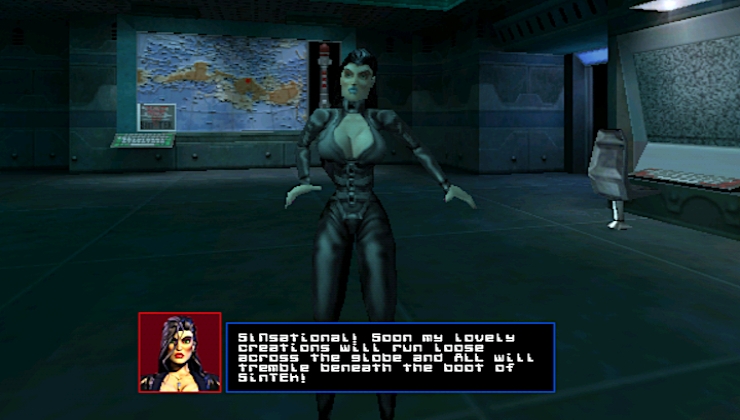
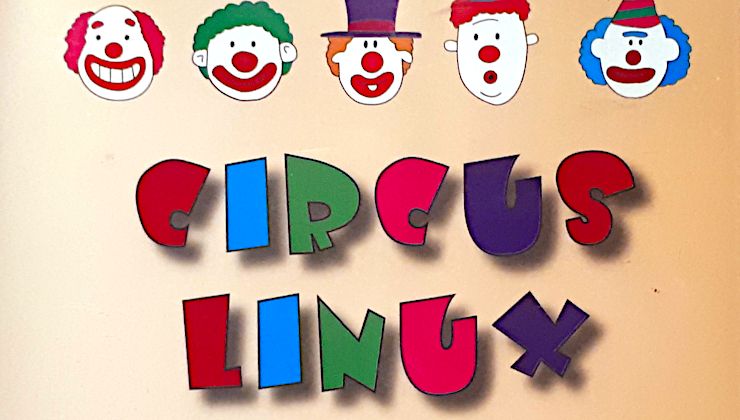

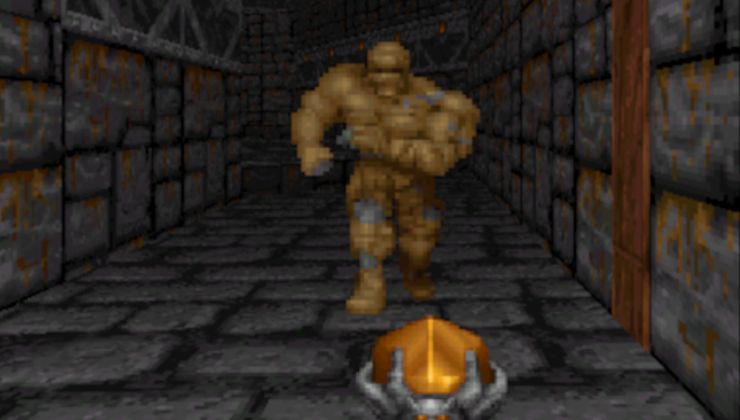
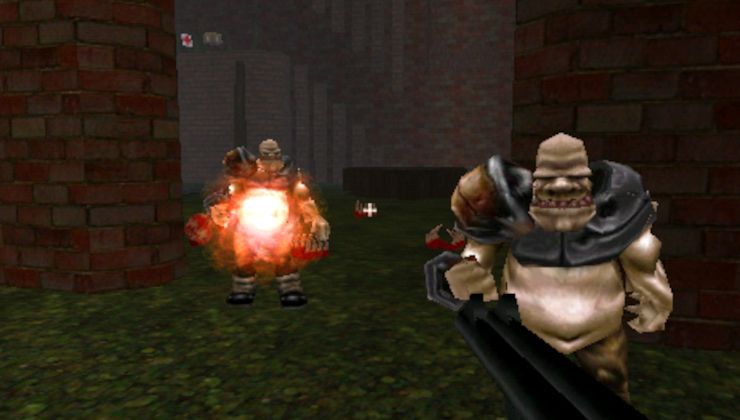
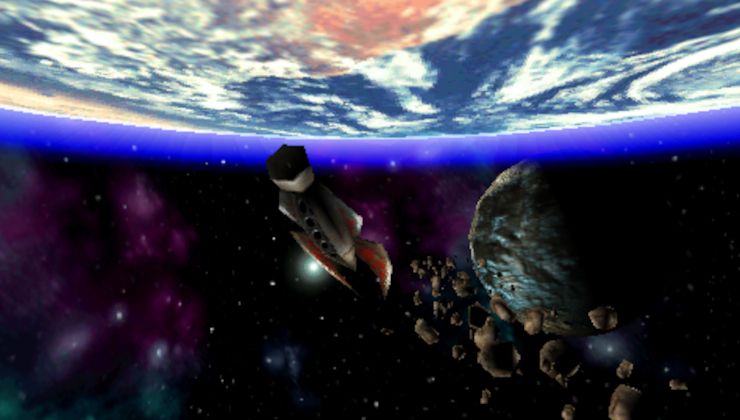
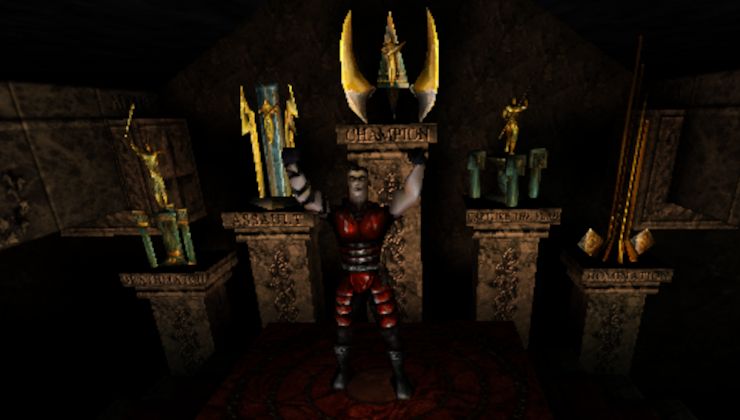
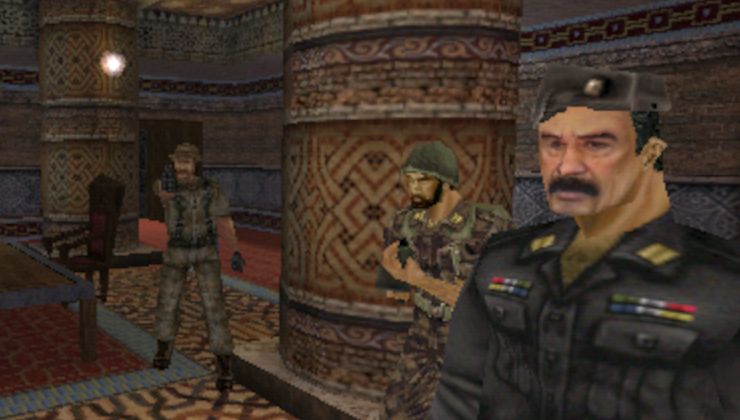
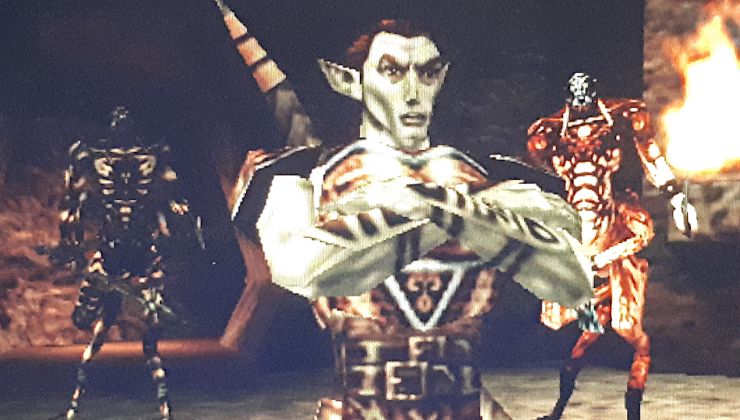
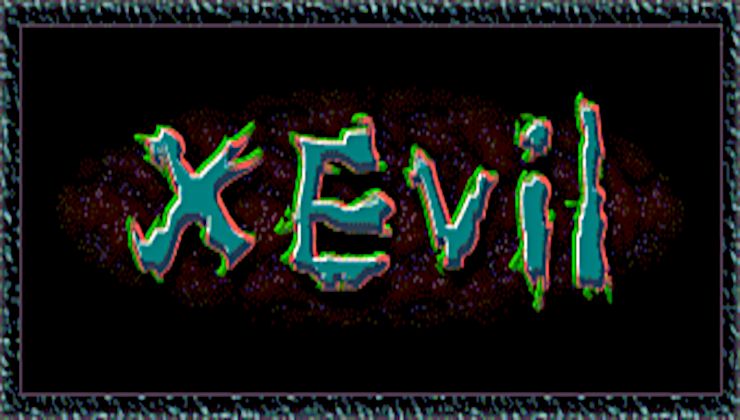
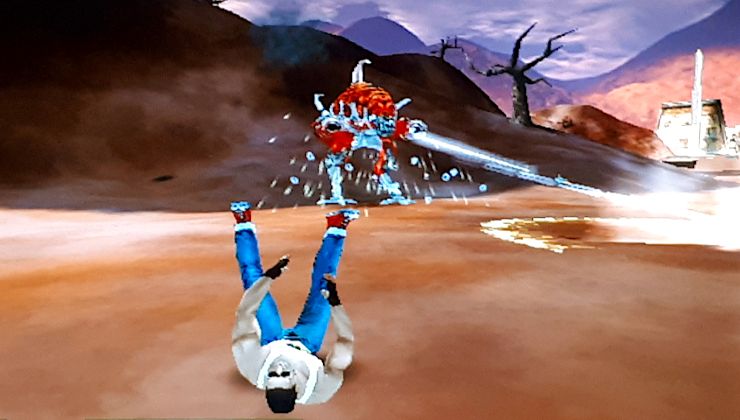
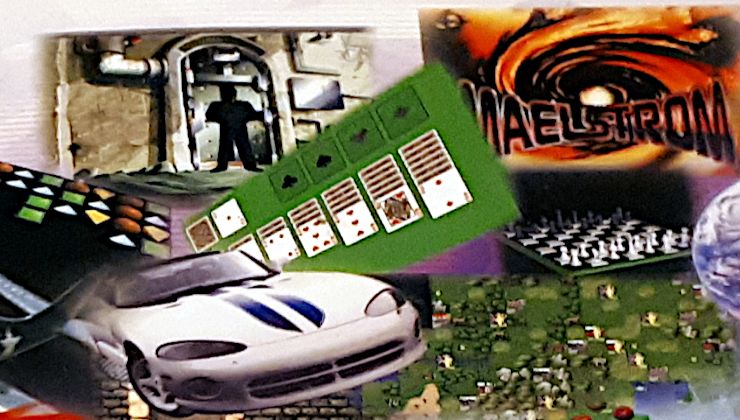
 How to set, change and reset your SteamOS / Steam Deck desktop sudo password
How to set, change and reset your SteamOS / Steam Deck desktop sudo password How to set up Decky Loader on Steam Deck / SteamOS for easy plugins
How to set up Decky Loader on Steam Deck / SteamOS for easy plugins